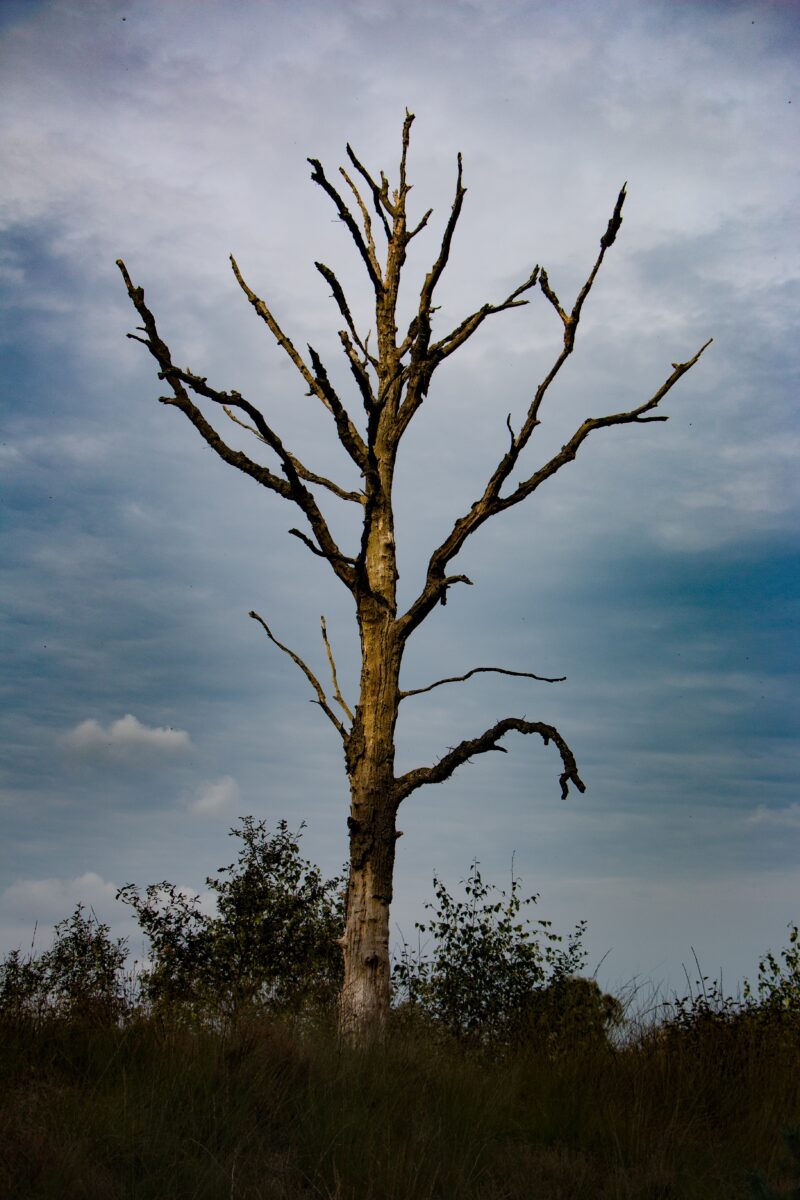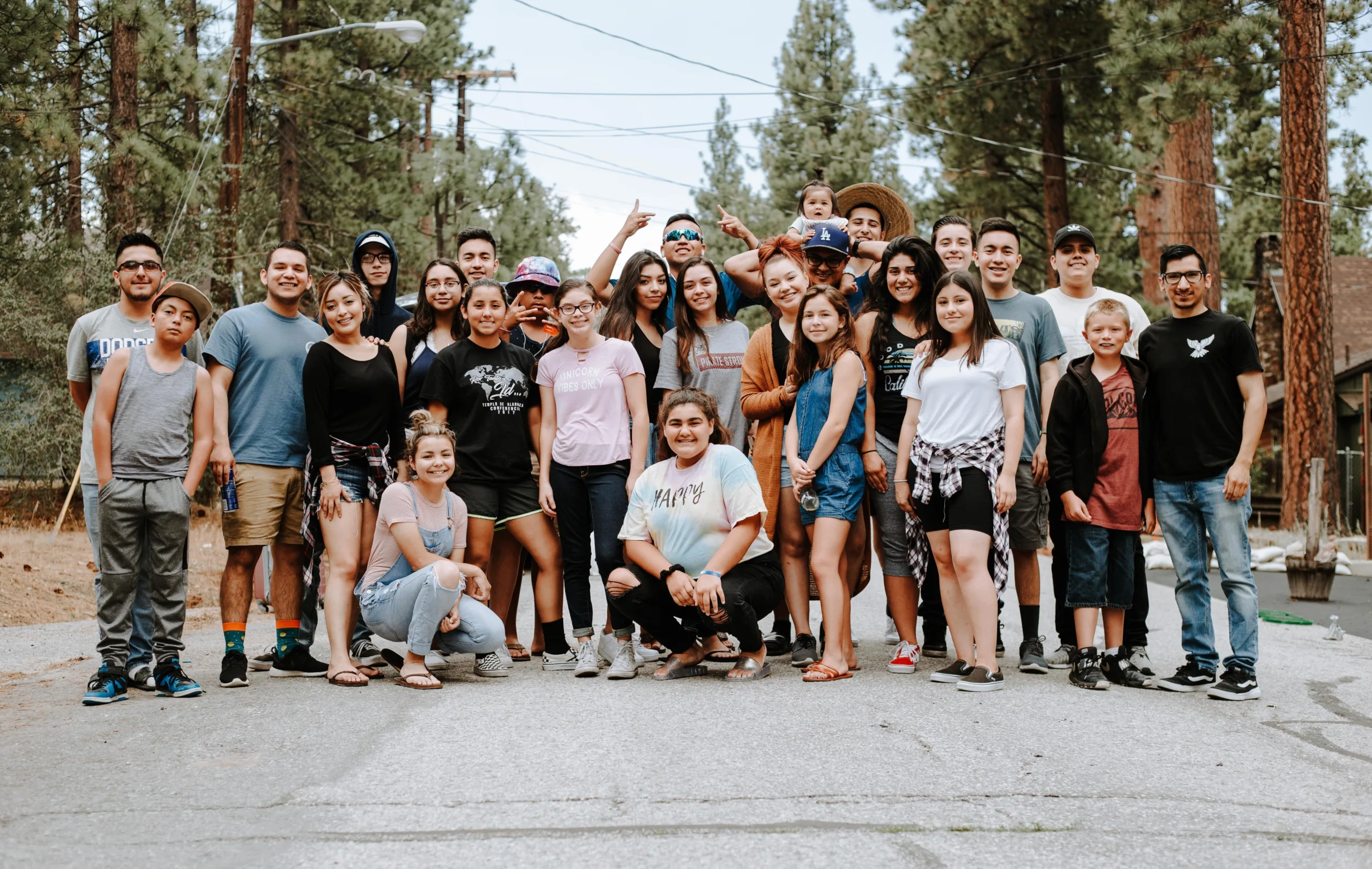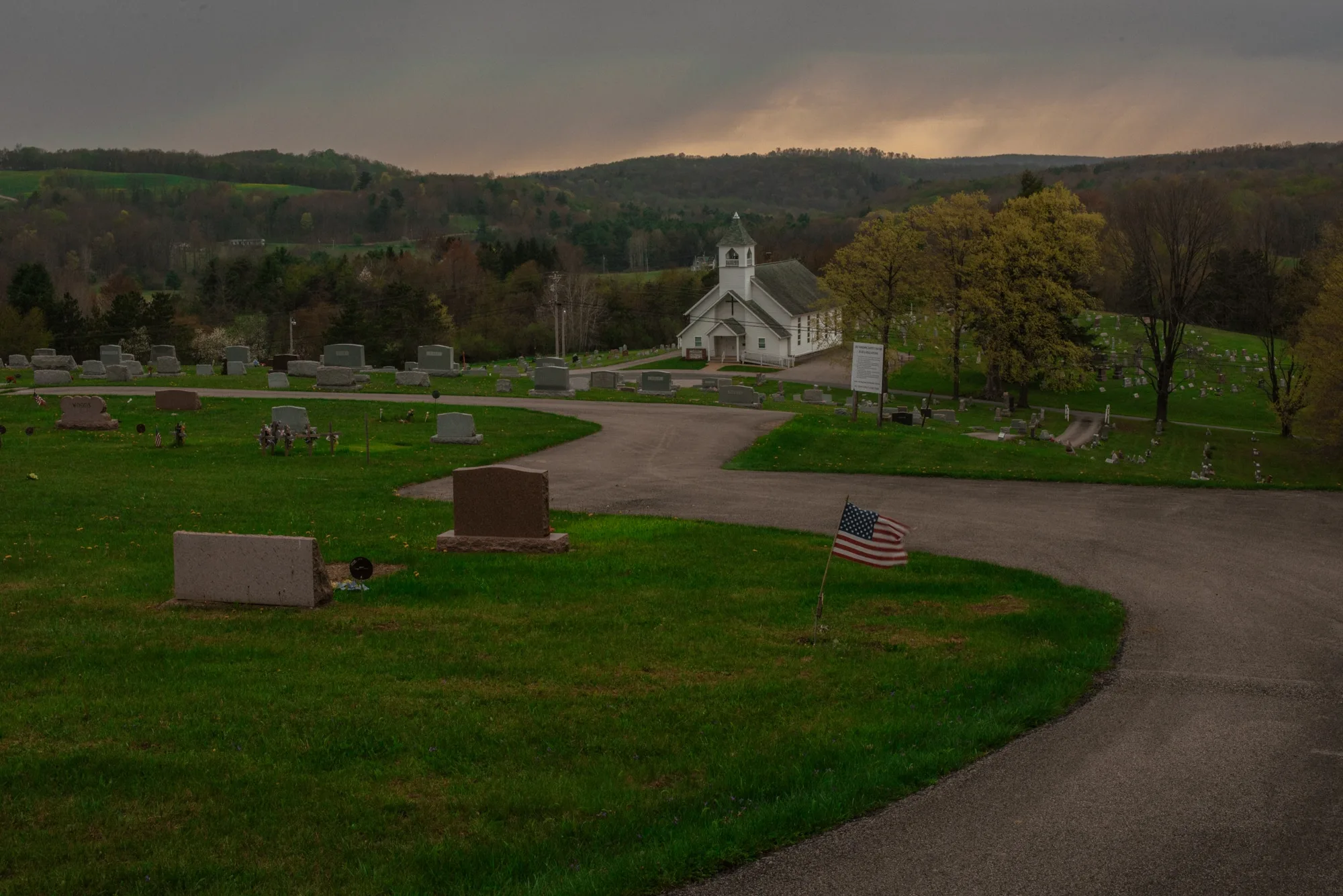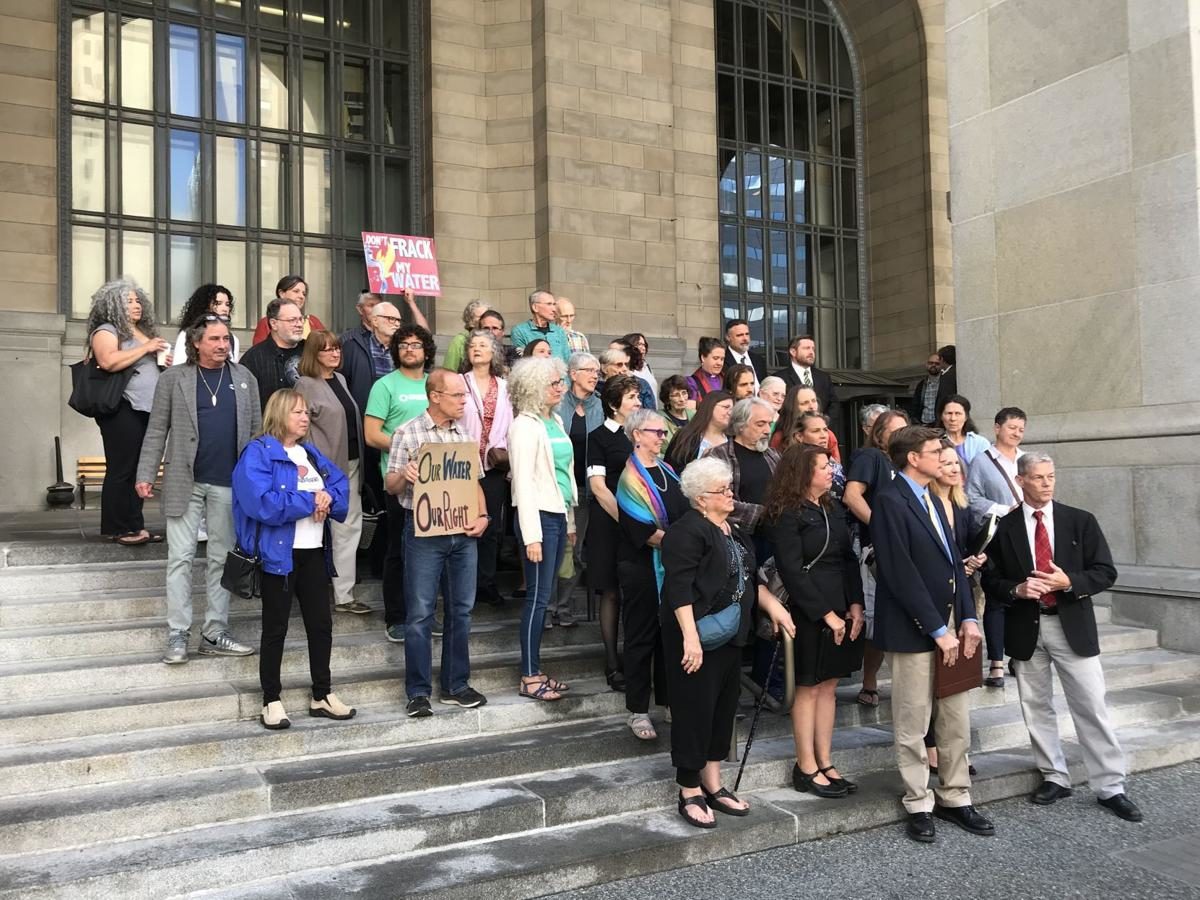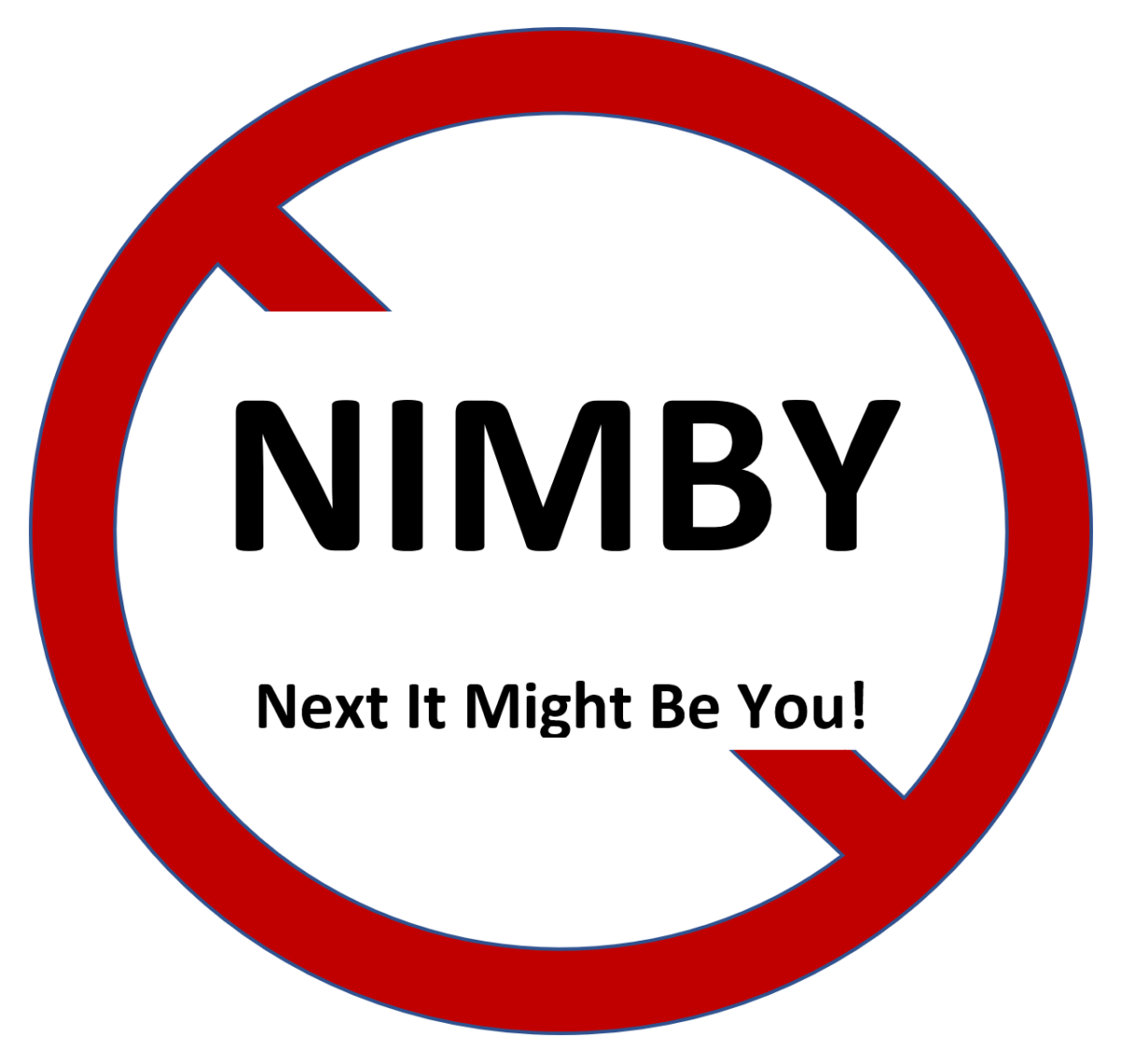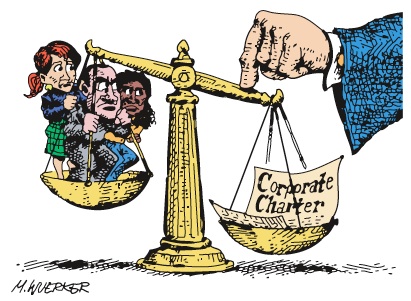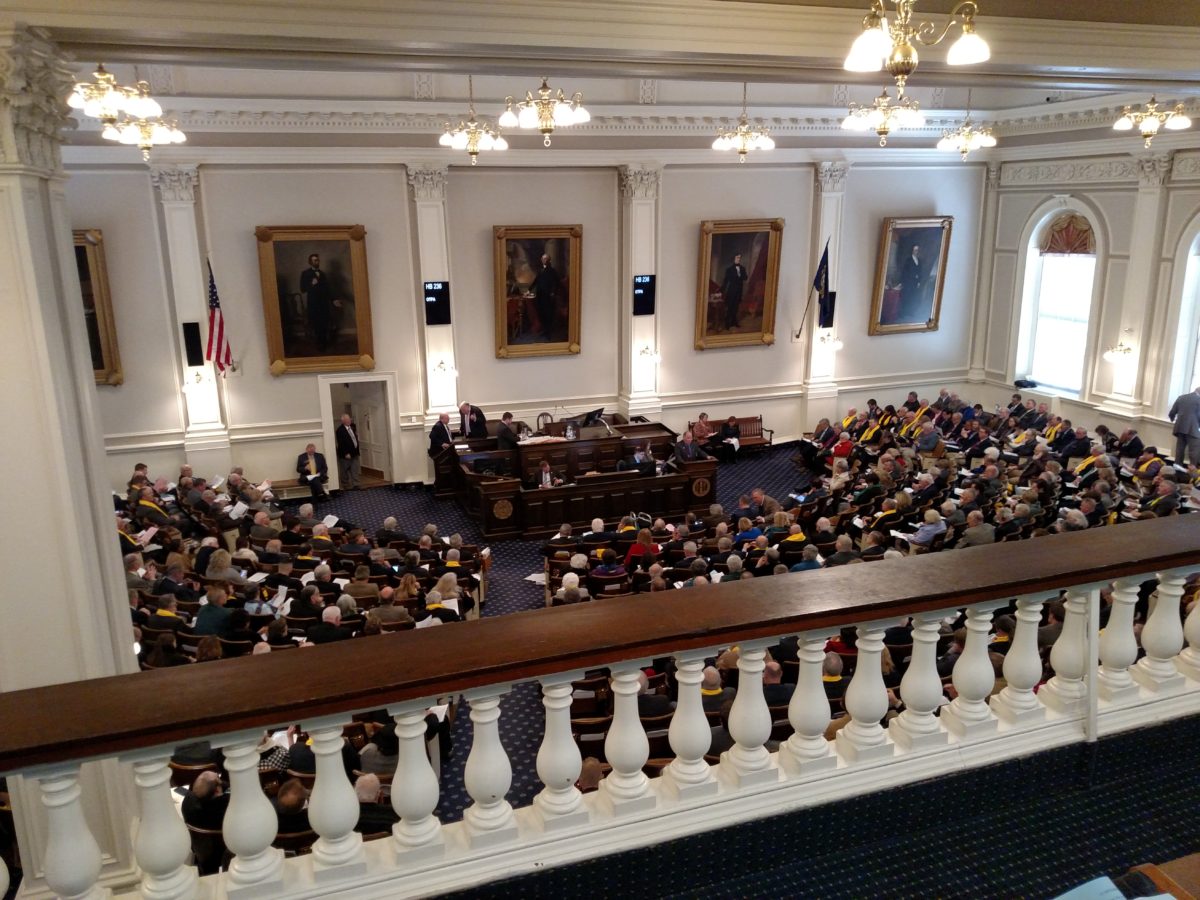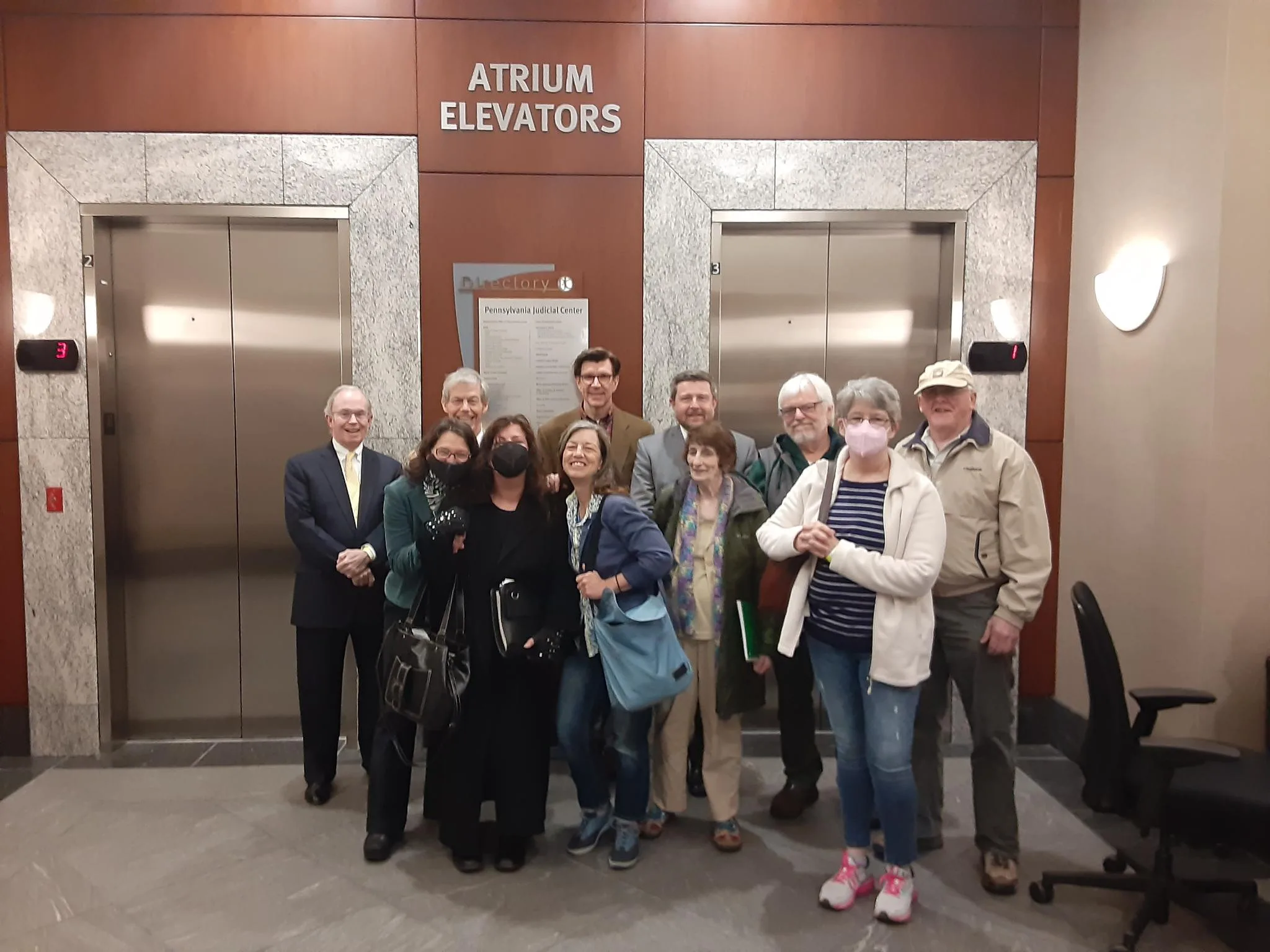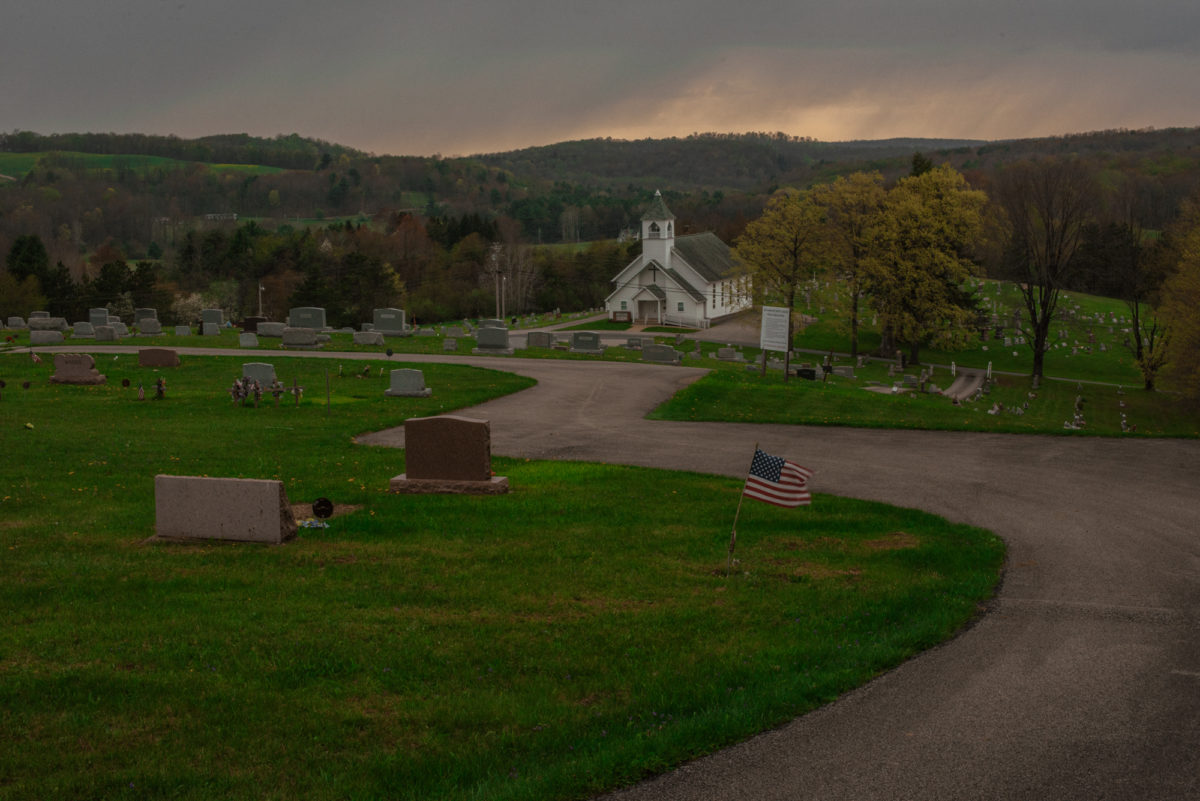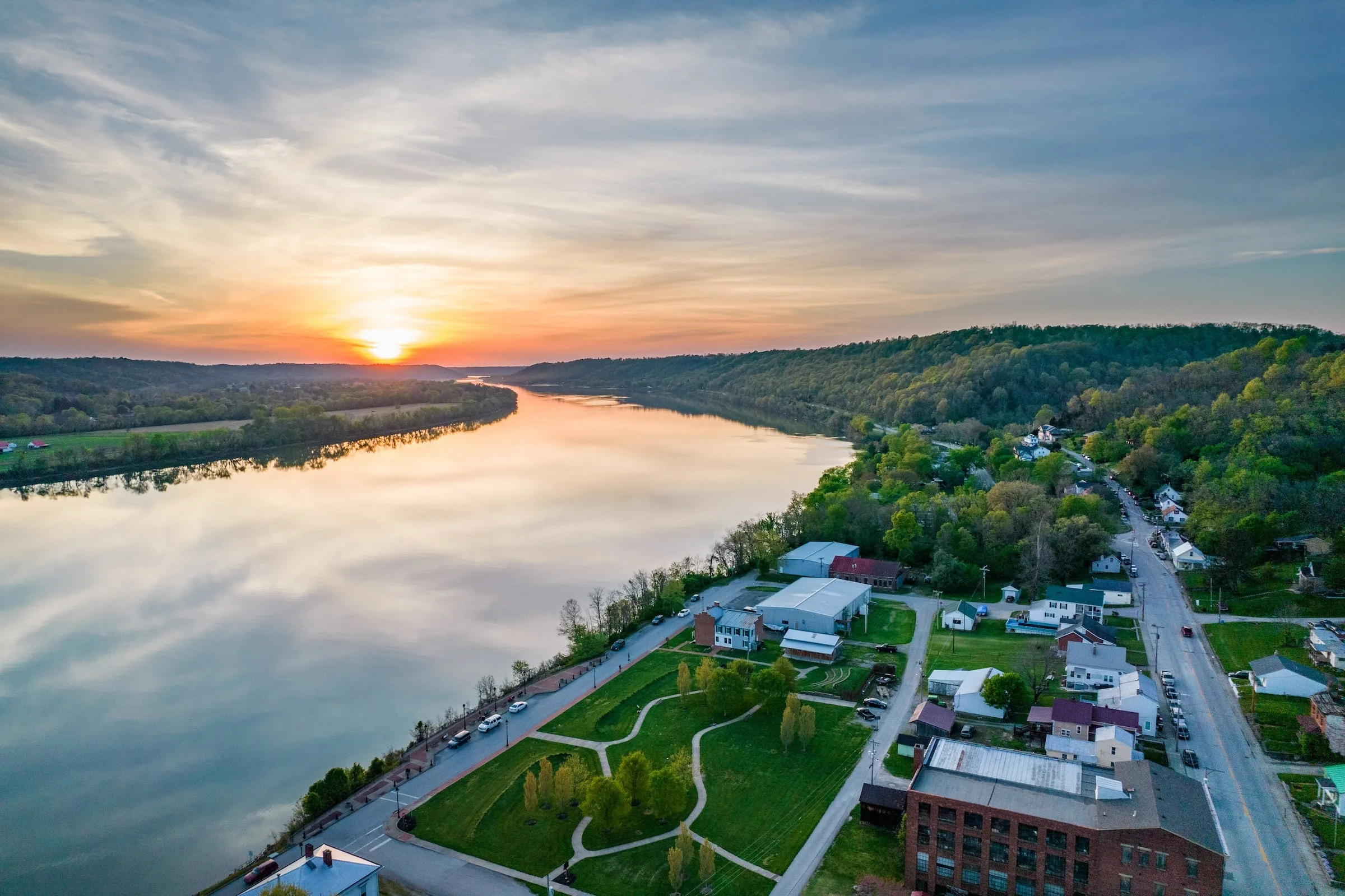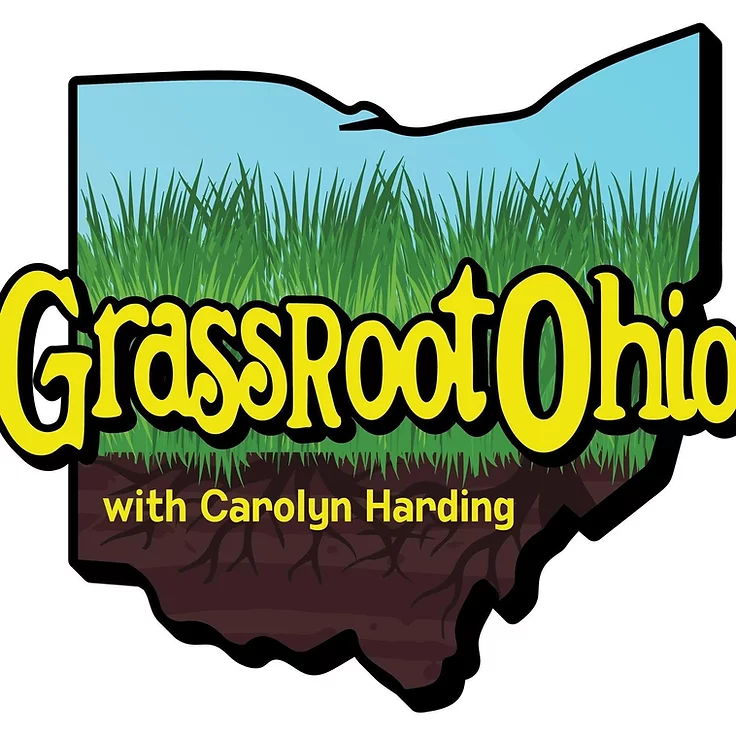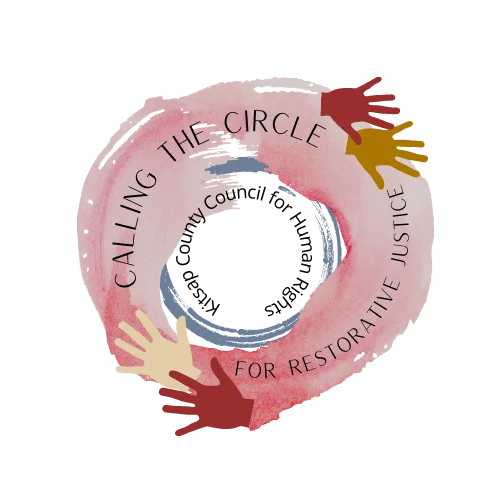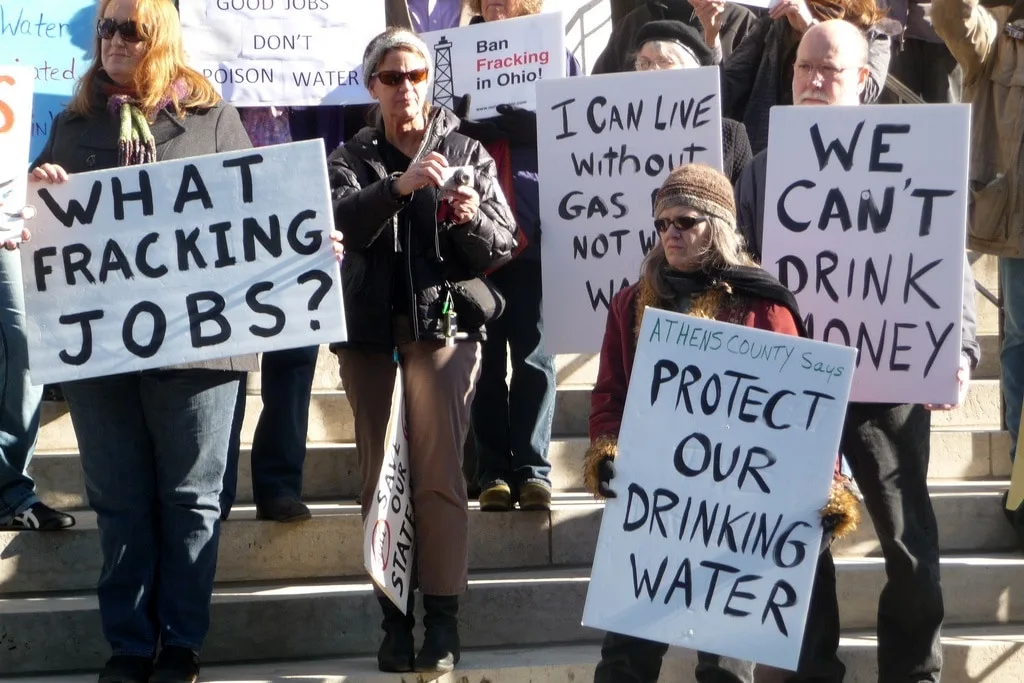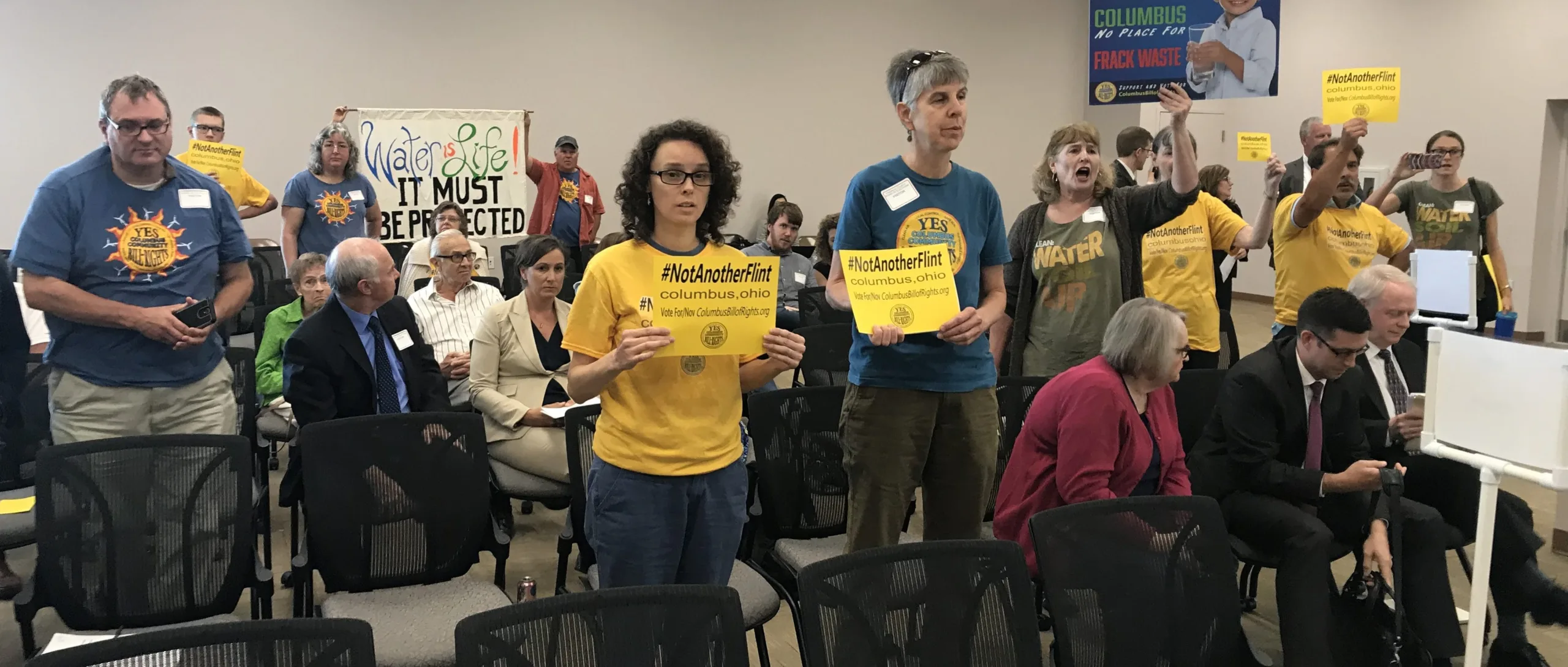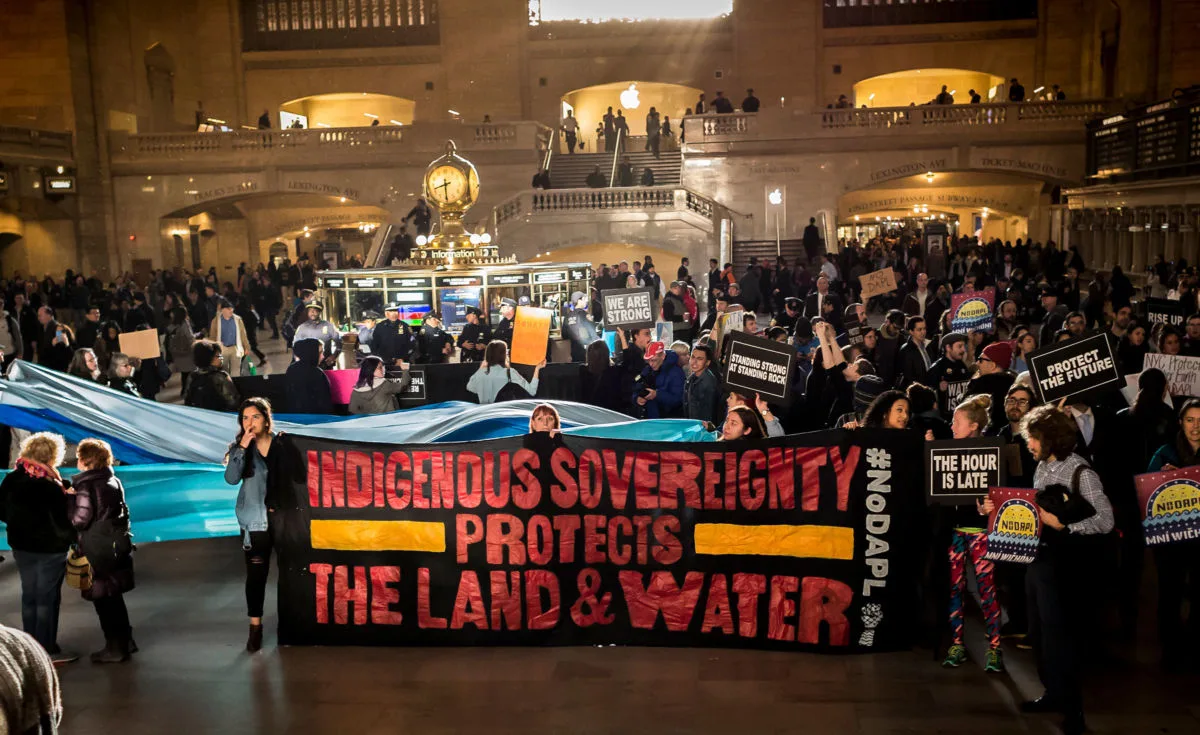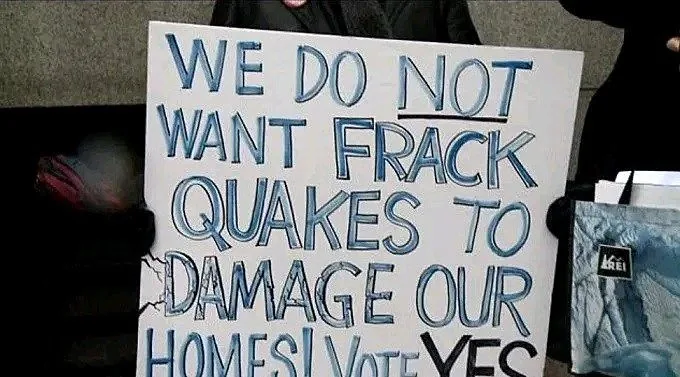Guest author – Camila Vergara
Pinochet and his legacy have proven hard to kill. The 2022 draft constitution – the most progressive constitution ever written in terms of socio-economic rights, gender equality, indigenous rights and the protection of nature – was rejected by almost 62% of voters in a national plebiscite on 4 September. How could Chileans, after rising up in October 2019 to demand a new constitution, then voting by an overwhelming majority to initiate the constituent process, reject the proposed draft? Why would they align with right-wing forces seeking to preserve the Pinochet constitution? This astonishing result surely demands a multi-causal explanation. Here I will focus on two of the most prominent ones: the right-wing disinformation campaign across traditional and social media, and the exclusion of the popular sectors from the constituent process, which I have highlighted in previous analyses.
Support for Rechazo (‘Reject’) was strongest in low-income municipalities, where turnout was also higher than in upper-class neighbourhoods. While in the 2020 plebiscite the opposition to the constituent process was led by the three wealthiest municipalities, this time around the poorest neighbourhoods turned out en masse to vote against the proposed draft. Also in contrast to 2020, voting was mandatory – with fines for non-compliance – which forced the popular sectors to cast a vote for fear of the pecuniary costs of abstention. Turnout increased substantially from 50% to 86%; and of the 5.4 million new votes cast, 96% opted to reject. In total, the draft constitution received only 4.8 million votes – one million less than voted in favour of redrafting two years earlier. This was not only a vote against the new constitutional text, however. It was also a rejection of Gabriel Boric’s administration and its parties: the ‘new left’ coalition including Frente Amplio, the Communist Party and the parties of the old Concertación. Apruebo (‘Approve’) was supported by roughly the same number of people that voted for Boric in the runoff against the far-right candidate José Antonio Kast in December 2021 – suggesting that he has been unable to expand his constituency since taking office.
At least a million dollars were poured into the month-long campaign to raise awareness about the draft constitution. About 90% of these funds were spent by the Rechazo camp, comprising the right-wing parties, parts of the Christian Democrats and the new centrist coalition ‘Amarillos por Chile’. They repeatedly denounced the document as ‘extremist’ and ‘poorly written’ on morning talk shows and evening news programmes, while conservative thinktanks bombarded audiences with opinion polls of doubtful accuracy showing that most people would vote down the new draft. Such efforts were bolstered by the spread of disinformation on social media, as well as the distribution of fake copies of the draft constitution with doctored articles. In one illustrative episode, the far-right Convention representative Constanza Hube was caught giving out fake copies of the constitution during a Rechazo meeting.
Exit polls and vox pops revealed that many people were confused about what the plebiscite was actually about; some even thought that by voting to reject they were abolishing the Pinochet constitution. This is not surprising given that the only official information on the constitutional draft amounted to thirty minutes of television broadcasting a day, divided equally between Rechazo and Apruebo, over a 28-day period. Since the broadcasting space was allocated to an array of political parties and civil society groups, the messaging was fragmented. For the Apruebo campaign, ten organizations participated in the broadcasts; even after various deals were struck between them, some ended up having less than five seconds to say their piece. There were no official campaign adverts, nor leaflets sent to people’s homes, nor in-person information sessions; all the outreach was done by political parties, NGOs, or volunteers. It remains unclear why the Boric administration did such a poor job informing the electorate on such a crucial matter.
While the daily information broadcasts for and against the new constitution had little impact on voters – only about 720,000 people tuned in each day – the endless stream of TV shows featuring politicians and self-styled intellectuals spreading disinformation about the content of the draft surely did. Among the most pervasive falsehoods were that the new constitution would abolish homeownership for the working classes, allow on-demand late-term abortions, and open the door for the secession of indigenous territories.
A testing ground for disinformation was the Araucanía region, a militarized zone – placed under a state of exception due to the Mapuche conflict – where 74% of voters chose to reject the constitutional draft: the second highest level of support for Rechazo nationwide. A traditional right-wing stronghold, Araucanía was one of only two regions that voted to keep Pinochet in power in 1988, although it subsequently voted to initiate the constituent process in 2020. In late June Francisco Orrego, a young lawyer and Rechazo spokesperson, went all-out to convince the working-class community of Angol that the draft constitution’s right to housing – one of the few articles proposed by grassroots organizations that eventually made it to the final text – would abolish people’s right to own their homes if they had bought them with social subsidies (a situation that applied to about 40% of the population). Although this was immediately denounced as fake news, Orrego nonetheless continued to appear as a regular pundit on political talk shows, where he could disseminate such lies to larger audiences.
Meanwhile, the evangelical churches, which recently entered into an alliance with the far-right Republican Party, have a strong presence in Araucanía, with their membership constituting about 27% of the population. In late February, before the article on gender rights was even approved by the Convention, representatives from more than 2,700 churches in the region called on their communities to reject the draft, citing abortion as their main concern. Although the draft constitution codified the right to abortion in general terms by mandating the state to guarantee the ‘voluntary interruption of pregnancy’, the public had a warped perception of this provision. Felipe Kast, the right-wing Senator for Araucanía, used conservative radio stations to broadcast an advert claiming that the draft constitution ‘allowed for abortion until the ninth month of pregnancy’, decrying this as a ‘violation of the human rights of unborn children.’ Although Apruebo advocates tried to push back against these falsehoods, they became impossible to dislodge from the popular imaginary.
Perhaps the most controversial and weaponized topic, however, was that of indigenous rights. Although the text merely followed the commitments established in the ILO Convention No. 169 on indigenous rights, which Chile had ratified in 2008 but never implemented, right-wing politicians and pundits wove a narrative in which indigenous peoples would gain the ability to dismember the country. Ximena Rincón, Senator for the Christian Democrats, claimed in early July that she was supporting Rechazo because it would give indigenous peoples (who constitute less than 10% of the national population) veto power over constitutional reforms. Even though she was told on live television that this was untrue, she refused to change her line – and such distortions continued to influence the national discourse.
At the same time, the voting results coming out of the prison system, where the inmates’ only information came from television broadcasts, revealed the powerful effects of conservative media in shaping public opinion. For the first time in history inmates were allowed to vote, and it was expected that they would swing behind Apruebo, since the draft constitution gave new rights to incarcerated people such as free legal defence, the prohibition of double jeopardy, and a People’s Ombudsman to prevent against abuses. Yet, in the end, just one of the fourteen prison complexes voted to approve it. This was, by no coincidence, the only one where physical copies of the draft constitution were actually distributed to prisoners and information sessions were held with legal aid volunteers. Those who actually learned about the text approved of its reforms; those who relied solely on the media coverage were implacably hostile to it.
According to a recent report, at least 36 organizations not subject to electoral controls, and therefore not mandated to disclose their funding, spent $130,000 advertising on Facebook and Instagram during the months before the plebiscite; 97.4% of these adverts pushed to reject the draft constitution. Ultimately, it seems that bias in traditional media, plus the millions spent to influence opinion via social media, helped to consolidate the narrative that the Convention was a political circus that had drafted a sloppy and unprofessional document.
In addition to this disinformation campaign, those on the extra-parliamentary left were sceptical of a Convention that had betrayed the mass mobilizations of 2019. Many of them voted to reject rather than legitimize the process. They rightly pointed out that the Pact of 15 November 2019, which was agreed in a backroom deal between Boric and a hard-right Senator, and which set out the framework for the Constitutional Convention, was intended to constrain rather than channel popular energies. It instituted an antidemocratic two-thirds supermajority rule for passing new constitutional articles and gave establishment parties outsize influence over the drafting process. From the beginning, the constituent process was captured by elites, who intensified their attempts to preserve the status quo as the plebiscite approached.
On 14 May, the Convention delivered a lengthy first draft that incorporated progressive constitutional innovations such as plurinationality and ecological rights. Two special committees were formed to ‘harmonize’ and edit the final document, which included a total of 388 articles, and to decide on transitional arrangements. However, the Convention’s autonomy was soon violated by negotiations over how to transition from one constitutional framework to another. On 16 May, the government sent a document to the Convention recommending that the current regulations on natural resources, water and indigenous lands be preserved until new legislation is approved – so as to assure an ‘orderly and gradual transition’. This meant, for instance, that water would remain private until right-wing Senators who control half of the Senate – and who voted in 2020 against making water a human right – agreed to nationalize it. The government also recommended that Boric, whose approval rating stood at just above 30%, as well as members of Congress, see out their original terms and stay in post for three and a half more years. The Convention bowed to these self-serving demands. For many activists, this was seen as unacceptable collusion between the constituent body and the executive, which served to discredit the drafting process as a whole.
Three weeks before the plebiscite, the parties of the governing coalition began to set out the changes they intended to pursue if the draft constitution was approved. Attempting to placate the parties on the right as well as those of the former Concertación (which now control 38% of the government ministries), Boric pledged to strictly delimit the rights of indigenous people, stressing that their input on national policy issues would be non-binding. He also reassured the establishment that the current neoliberal framework – in which basic services such as healthcare, education and pensions are largely provided by private companies – would remain in place. Indeed, while the draft constitution mandated the creation of a public education system, national health system and a public social security system, it did not explicitly dismantle the current voucher system in education, nor the insurance model in healthcare, nor the individual savings scheme that forces the Chilean working class to subsist on poverty pensions. Instead of pushing to reform these dictatorship-era systems, as protesters have been demanding since 2009, Boric agreed to preserve them.
These intended reforms not only demonstrated the government’s intention to preserve the core features of Chilean neoliberalism; they also signalled the contempt in which Boric’s coalition held both the draft document and the popular will. His announcement that he would seek to reform the constitution – even before it was put to a popular vote – compounded the impression that it was not fit for purpose. This played into the hands of the Rechazo campaign. It also conveyed to the electorate that they would merely be voting on a provisional text, rather than having a meaningful say in the country’s future.
Chile now finds itself in an awkward position, without a clear path to resolve its impending socio-political crisis. By voting in favour of initiating a constituent process, Chileans indirectly rejected the current 1980 Constitution. Yet by rejecting the new proposed constitutional text, the process set in motion by the November Pact has officially been terminated, leaving no standing provision for a new drafting process. The constitutional reform resulting from the Pact merely stipulated that if the draft constitution were to be rejected, the old one would remain in force. So, what will happen next?
Before the plebiscite, President Boric vowed to call a new constituent process if the proposed draft was rejected. However, the only way to start such a process is through a new constitutional process, which requires a supermajority in Congress. This will be difficult enough to secure due to the right-wing opposition. But given that conservative forces control the Senate, convening a constituent assembly with adequate mechanisms of popular participation seems like an impossibility. It is therefore likely that Boric will try to establish another Convention based on rules negotiated from a position of weakness, which will be even more accommodating to the demands of the political class. This will be a party-led process – dominated by ‘experts’ and insulated from popular pressures. Pundits are already blaming the few independents in the Convention for the draft’s defeat, setting the stage for an eclipse of whatever radical potential the process previously had. Yet, at the same time, Chileans are already taking to the streets again to demand their own constituent process – one in which there are no backroom negotiations, and the people themselves have the power to make binding decisions.
Read on: Camila Vergara, ‘The Battle for Chile’s Constitution’, NLR 135.
Republished from Sidecar
Read more from CELDF staff, Kai Huschke – It’s Inevitable – More to Come in Chile, and Tish O’Dell – Why CELDF will be watching more than sports this Sunday


